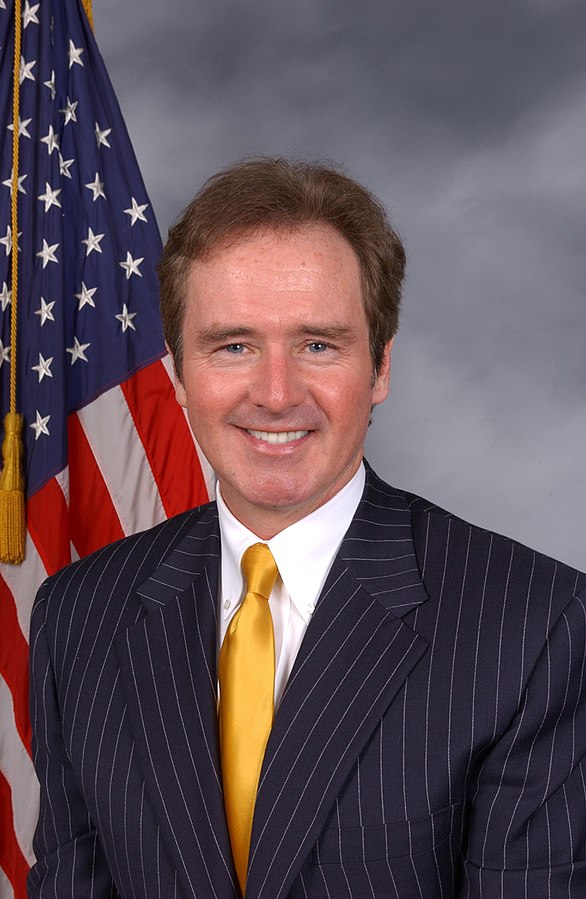
WASHINGTON — Rep. Nancy Pelosi appears to be having some success shrinking the ranks of Democratic lawmakers opposing her bid to serve a second stint as speaker of the House.
Rep. Brian Higgins of western New York announced Wednesday he will now support Pelosi after earlier signing on to a letter opposing her bid.
One day earlier, Marcia Fudge of Ohio announced she would back Pelosi after earlier flirting with the idea of running for the position herself.
Pelosi still has a daunting challenge ahead to secure 218 votes, but she is growing closer to that threshold with an aggressive behind-the-scenes campaign focused on addressing some of her skeptics’ top concerns.
In Higgins case, he said he had several productive discussions with Pelosi and other party leaders. He said they will work with him to expand Medicare as an option for those between the ages of 50 and 65. He also said that one of the people he hoped would run for speaker, Rep. Karen Bass, D-Calif., told him she would be focusing on her bid to lead the Congressional Black Caucus.
Earlier in the year, Higgins had described Pelosi to the Buffalo News as “aloof, frenetic and misguided.”
Higgins said Wednesday he had taken a “principled stand” in opposing Pelosi.
“A principled stand, however, often requires a pragmatic outlook in order to meet with success,” he said.
The change comes shortly after Fudge announced her support for Pelosi, just a few days after telling reporters she was seriously considering a run and that she needed to talk with her family about it during the Thanksgiving break.
Fudge said she was assured by Pelosi that black women, in particular, “will have a seat at the decision-making table.” She was also named as incoming chairwoman of a panel that will delve into voting rights access, a top priority of the new Democratic majority. Her decision also came the same day Fudge faced questions over her past support for a man now suspected of stabbing his ex-wife.
Pelosi also got a boost Wednesday from Alexandria Ocasio-Cortez of New York, the youngest woman elected to Congress. She said all the challenges to Pelosi are coming from people to her right, which would make the party “even more conservative and bent toward corporate interests.”
“So long as Leader Pelosi remains the most progressive candidate for Speaker, she can count on my support,” Ocasio-Cortez tweeted.
Pelosi seems certain to have enough support to become her party’s nominee for speaker when House Democrats vote by secret ballot on Nov. 28. She will need only a majority of Democrats in that contest.
But when the full House elects its new leaders Jan. 3, the speaker will need a majority 218 votes, assuming that no one votes “present” or misses the vote and Republicans oppose her en masse, as seems likely.
While the large majority of Democrats support Pelosi, others are concerned that she is hurting Democratic prospects in key swing districts where she is unpopular with a broad swath of voters. The critics contend the 78-year-old Pelosi needs to step aside and make way for a new generation of leaders.
Pelosi was the first woman to become speaker and served from 2007 to 2011.